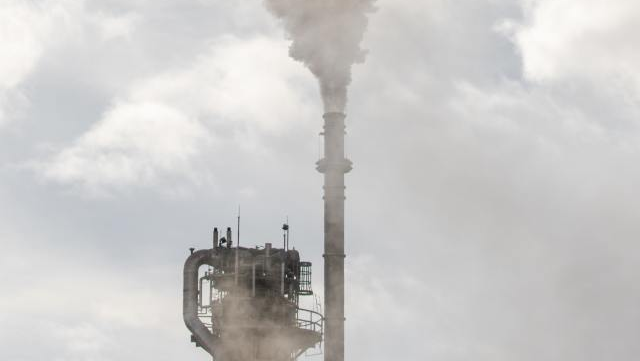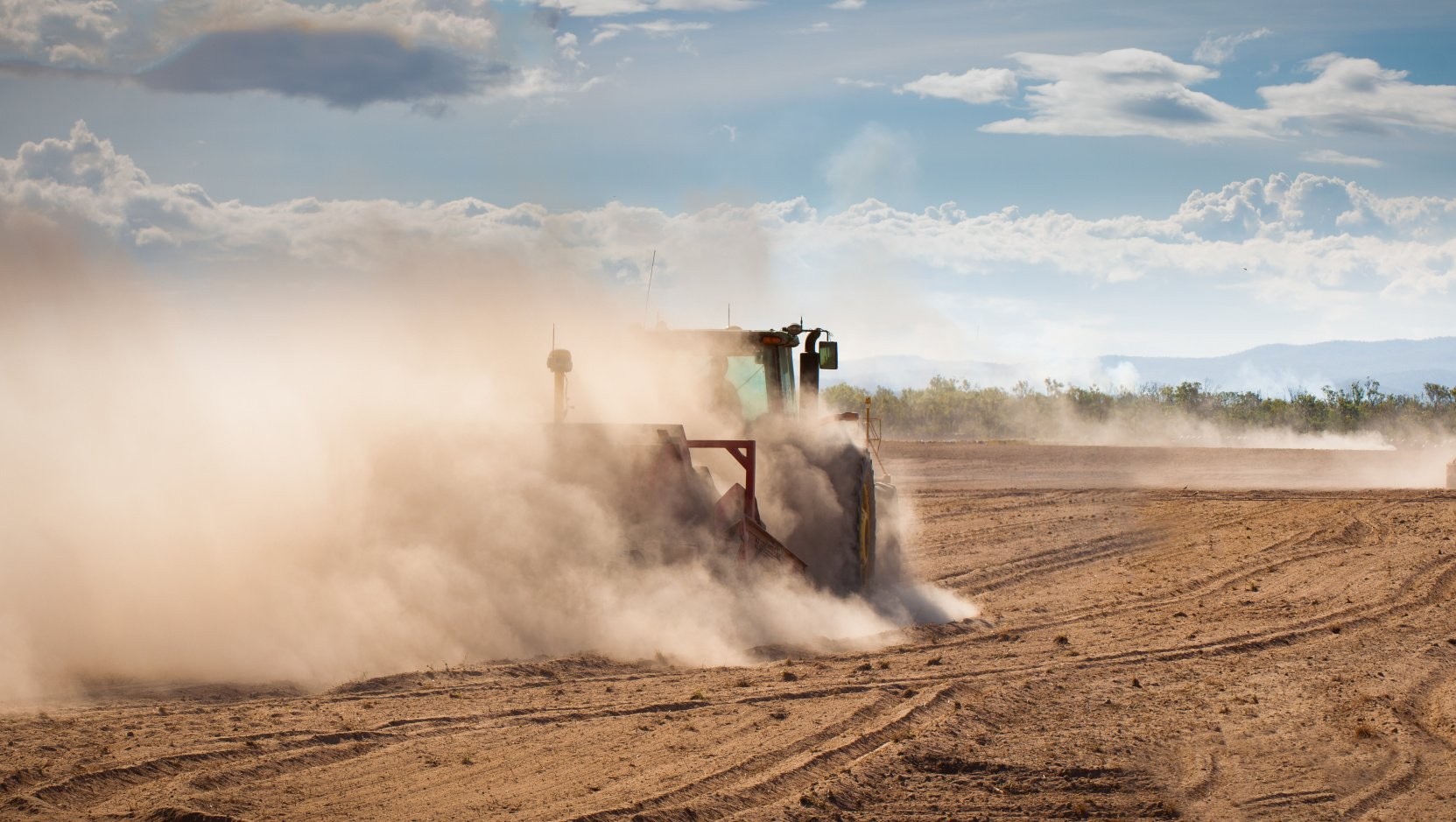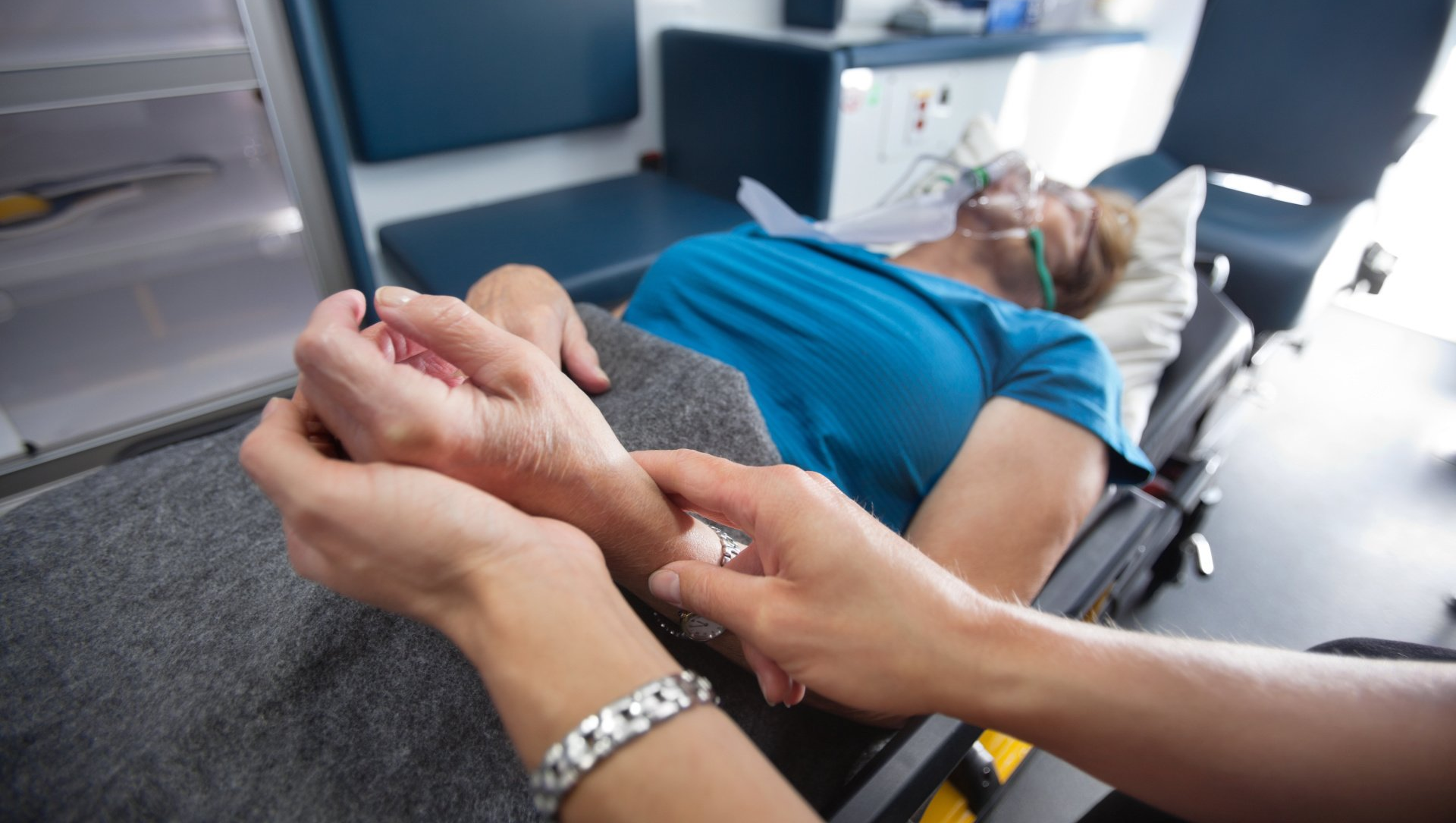Extreme heat
The facts are undeniable: Climate change is making areas of the country, including Colorado, hotter. Research indicates that extreme heat (when temperatures are above 90 degrees) can harm individuals’ health. Extreme heat can lead to heat stroke and heat exhaustion and individuals are more likely to experience a variety of complications associated with asthma, heart disease, mental illness, mental health, diabetes and pregnancy. In fact, some estimates show that extreme heat is annually responsible for 1,300 deaths, 75,000 emergency room visits and 10,000 hospitalizations.
Simply put, extreme heat is detrimental to our health. That's why HAWC is working to keep our communities safe from extreme heat events. Learn more about our work to ensure a right to cooling and other ways to keep communities safe and healthy from extreme heat.
HAWC recently partnered with
Citizens' Climate Lobby Colorado,
Nevada Clinicians for Climate Action, and
Montana Health Professionals for a Healthy Climate to host a
Health Risks of Extreme Heat and How to Build Resilience Webinar on June 25, 2025. You can watch the full recording below!
Extreme Heat Resources
List of Services
-
PRESS RELEASE: Health Leaders Urge Gov. Polis to Treat Extreme Heat as a Public Health Emergency
Healthy Air and Water Colorado joined a national coalition of public health organizations to urge governors to take action on extreme heat.
-
Colorado Cooling Report
The State of Colorado and its cities and counties must prepare for extreme heat by creating policies that increase equitable access to cooling. Cooling is a fundamental public health need that Colorado’s state and local government agencies must secure for all communities.
-
Denver Access to Cooling
As an organization passionately
committed to environmental justice, we wanted to hear the perspectives and lived experiences of residents of some of Denver’s most heat-vulnerable communities whose voices are often lost in public policy discussions.
-
PRESS RELEASE: Impacts of extreme heat
HAWC and RMI Release Pivotal Study on Policies to Protect Coloradans from Extreme Heat
-
PRESS RELEASE: HB24-1352
Colorado introduces bill to expand access to affordable cooling, lower energy costs, and slash emissions from homes
HB24-1352 would convert air conditioning sales to two-way electric heat pumps by 2027




